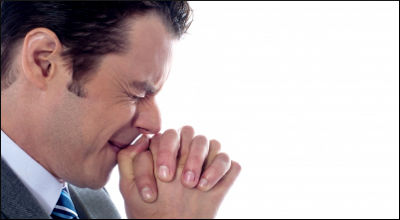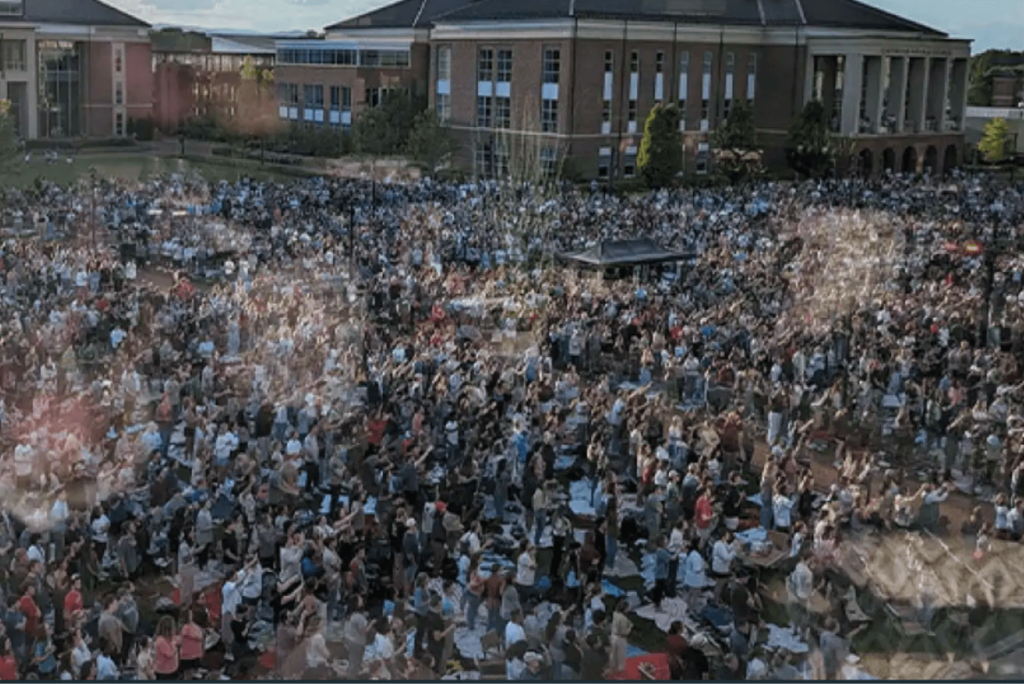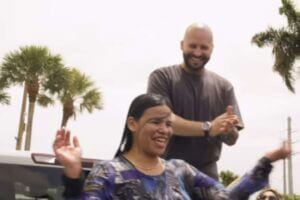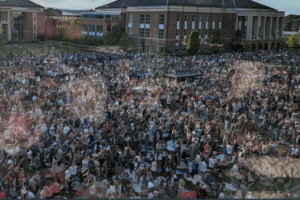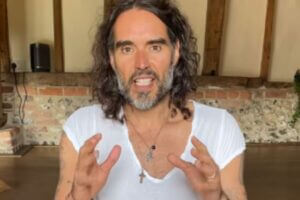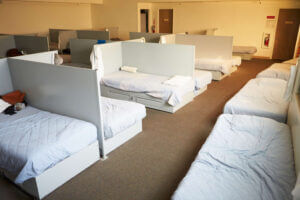Alliance Defending Freedom attorneys and allied attorneys asked the U.S. Supreme Court Thursday to review an appeals court ruling that struck down a New York town’s prayer policy and offered unusual potential changes to it.
In May, the U.S. Court of Appeals for the 2nd Circuit said that, because the town contains predominantly Christian clergy, it should invite non-Christians from other jurisdictions to invite to pray at its own town meetings and take other uncommon steps to ensure that non-Christians do not “feel like outsiders.”
“Since this nation’s founding, public meetings have been opened with prayers offered according to the conscience of the speaker. There is no legal reason why a town can’t do this today with people from within its own community,” said Senior Counsel David Cortman.
“Secularist groups cannot be allowed to force local governments to implement unconventional hurdles that effectively eliminate prayers by making them too cumbersome to take place,” he continued. “The district court rightly affirmed the constitutionality of the town’s policy, and we trust the Supreme Court will, too.”
The Greece Town Board opens public meetings with prayers offered by clergy and other interested residents within the town’s borders who are invited through a random selection process. On behalf of two residents who object to such prayers, Americans United for Separation of Church and State appealed a 2010 federal court ruling that upheld the constitutionality of the town’s practice.
AU filed its lawsuit against the town of Greece in 2008 on behalf of residents Susan Galloway and Linda Stephens, who alleged that the opening invocations at town meetings are unconstitutional. A district court disagreed, and the 2nd Circuit’s decision also rejected the idea that such prayers are automatically unconstitutional.
However, the 2nd Circuit reversed the district court ruling in favor of the town because the town did not invite non-Christian clergy from outside the town, did not take an uncommon extra step to publicly “explain that it intended the prayers to solemnize board meetings, rather than to affiliate the town with any particular creed,” and did not avoid the use of words like “let us pray” when spoken by prayer-givers.
The court, while stating that it is not advocating for scrutiny of the words of prayers, nonetheless reasoned that such phrases could have been interpreted by some as prayer on behalf of the town.
“The Constitution has never required any local government to engage in such gymnastics to have prayer, as is clearly seen by the prayers of America’s Founding Fathers,” explained lead counsel and allied attorney Tom Hungar with the Washington, D.C., law firm Gibson, Dunn & Crutcher LLP.
“Those who offer such prayers have a right protected by the First Amendment to engage in speech of this sort that reflects their own religion and conscience. That does not make the prayers an endorsement by the town itself of any particular faith.”
See an error in this article?
To contact us or to submit an article


